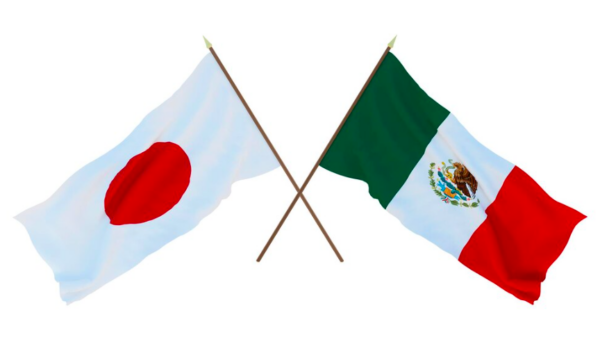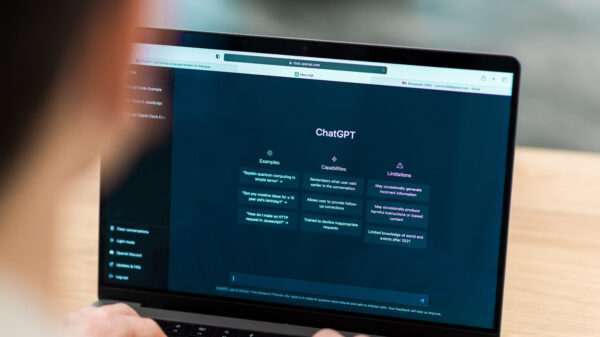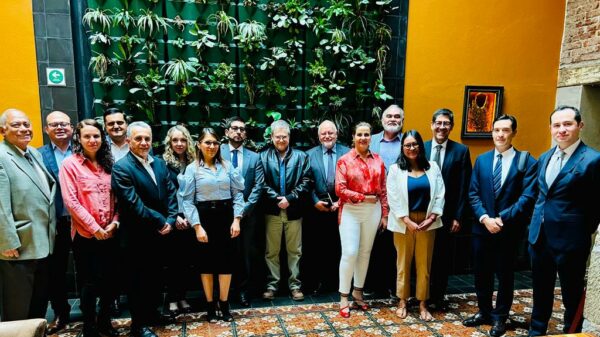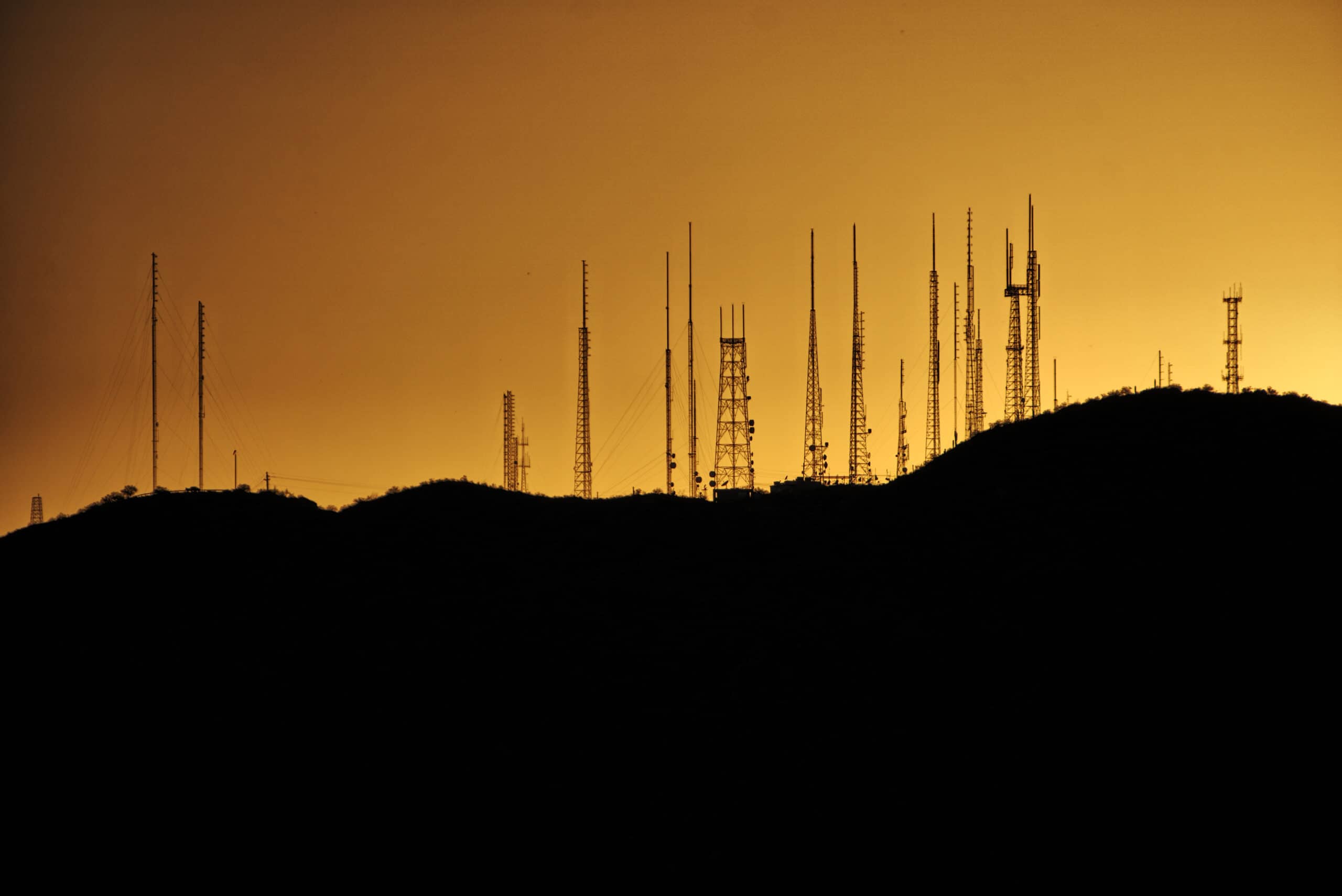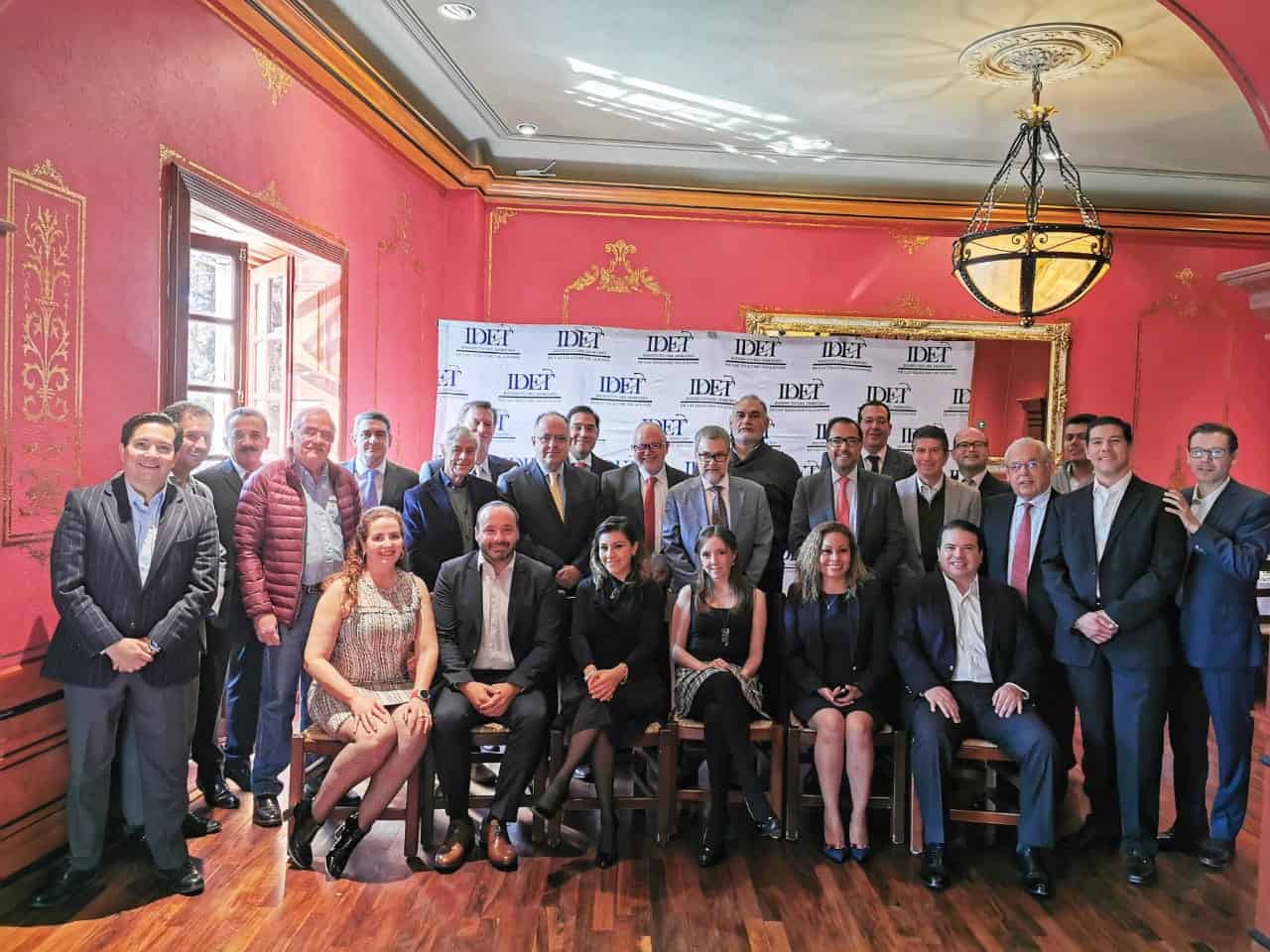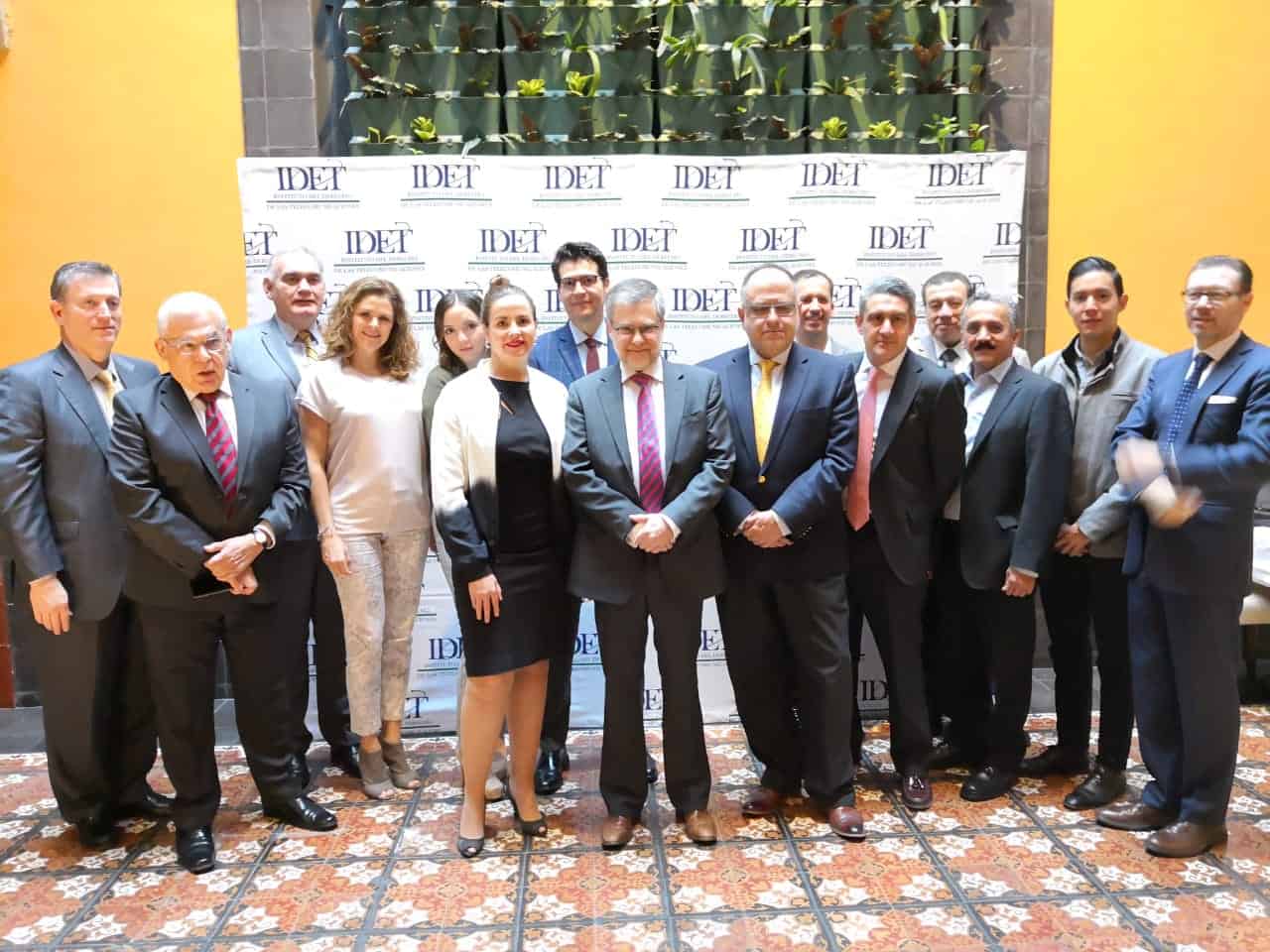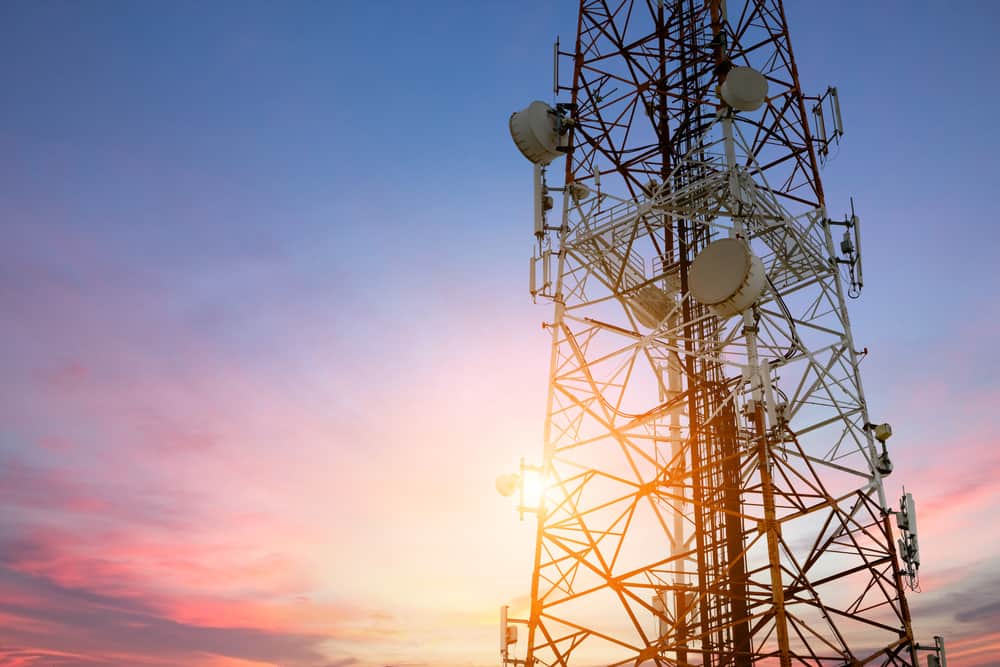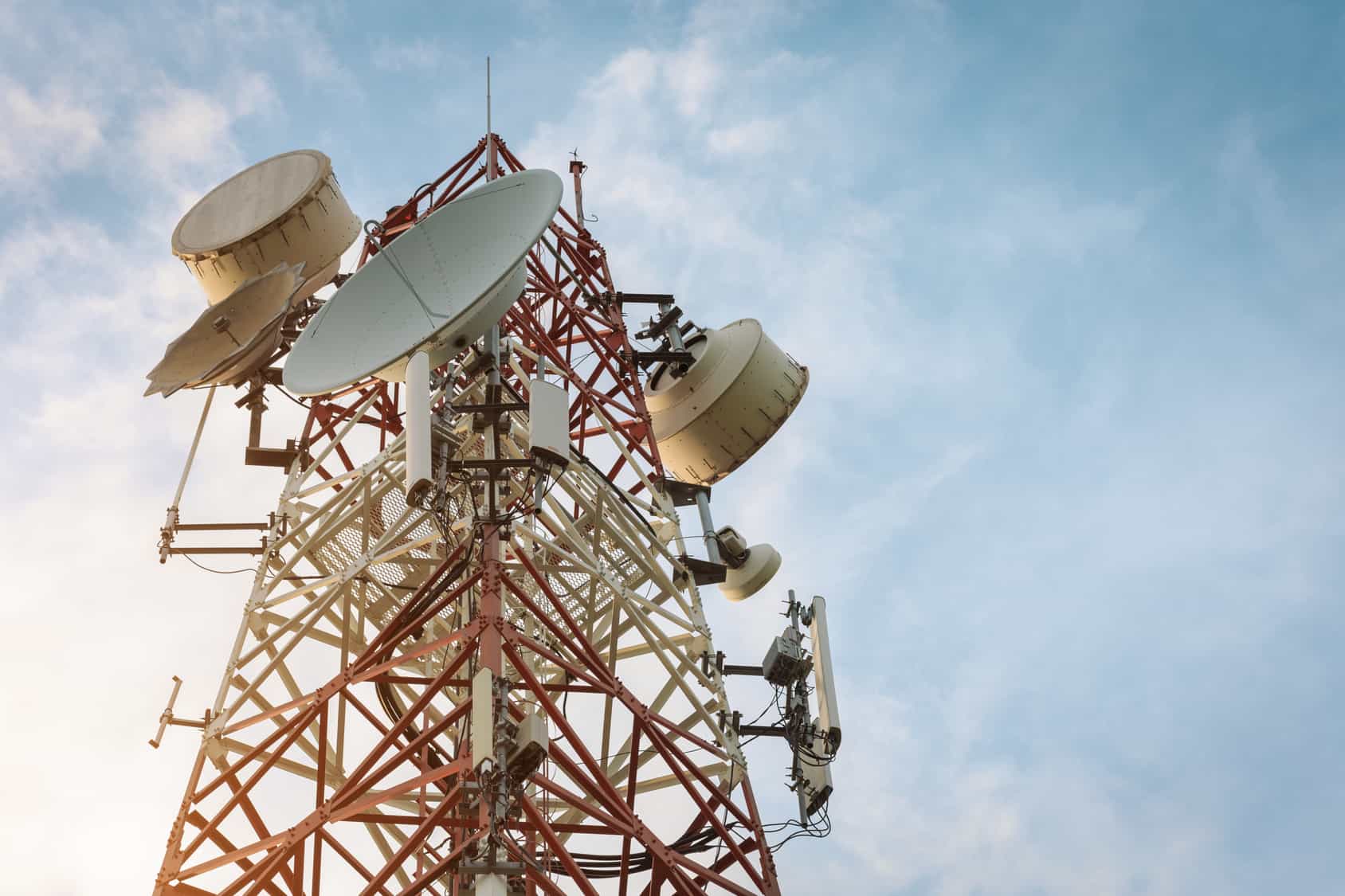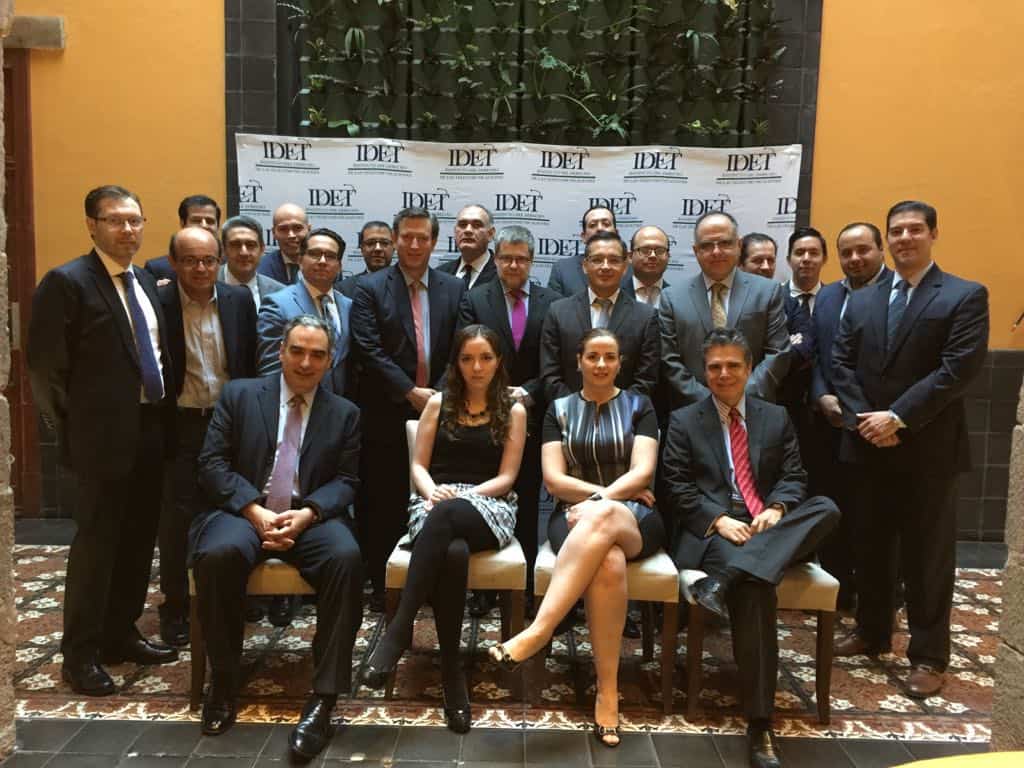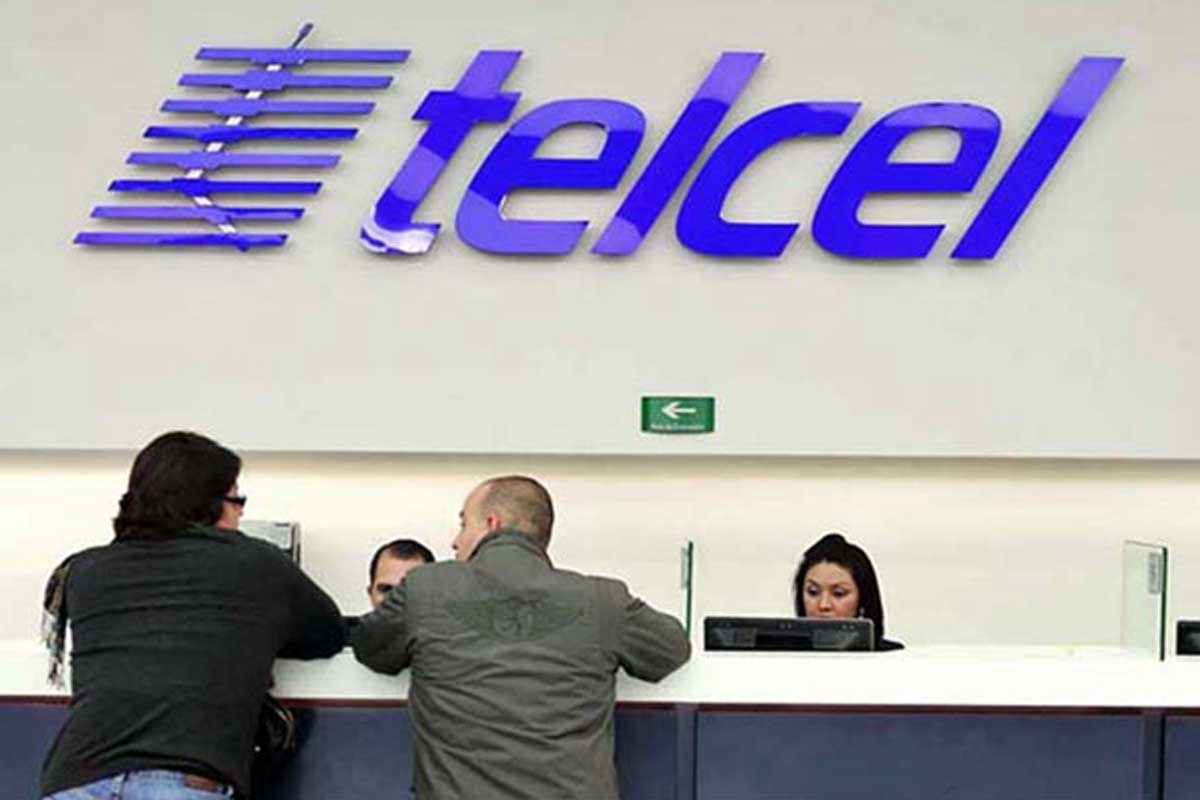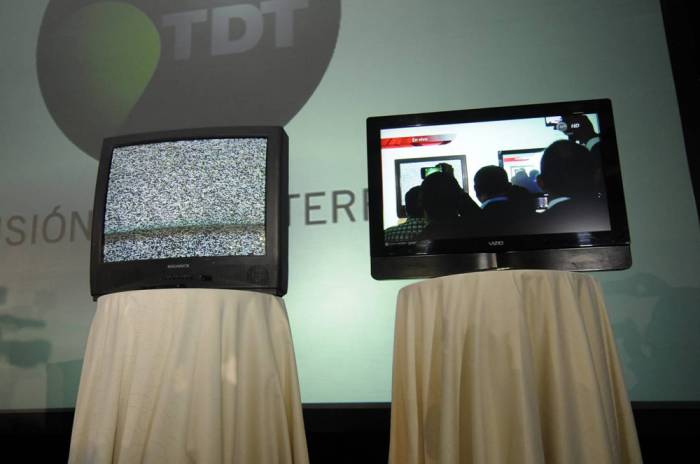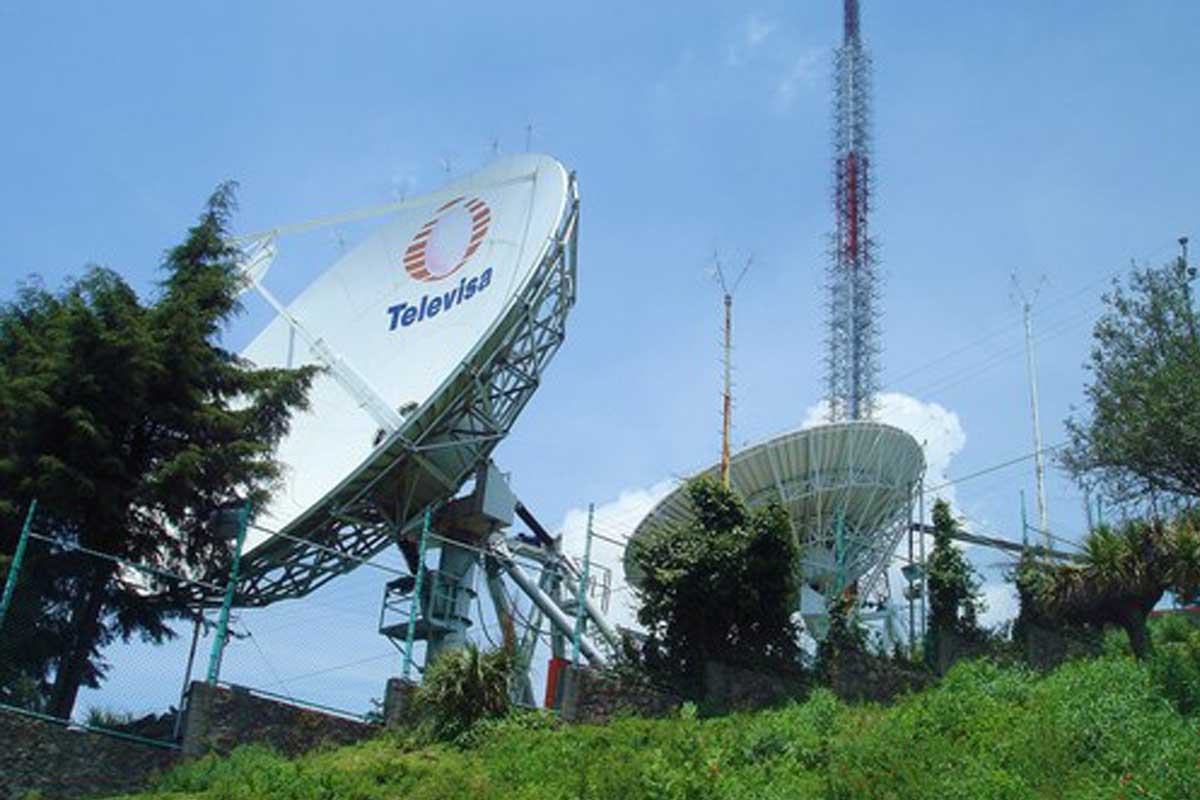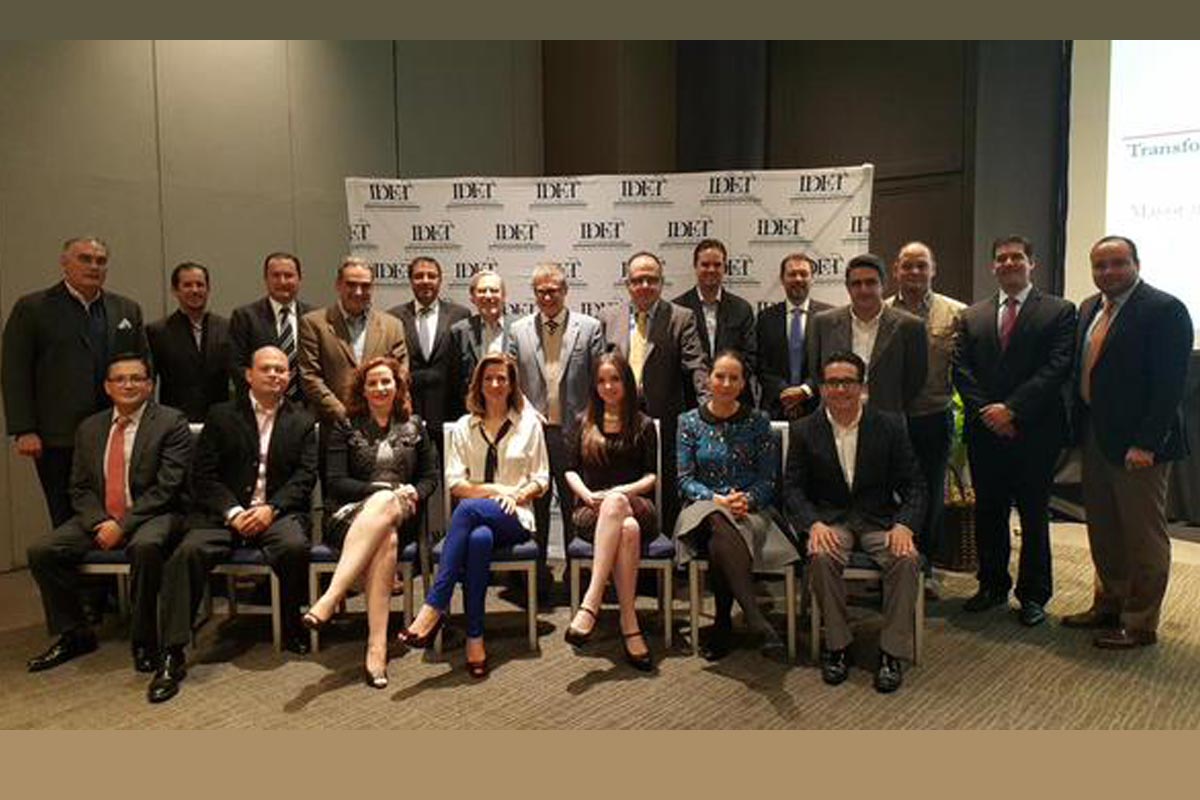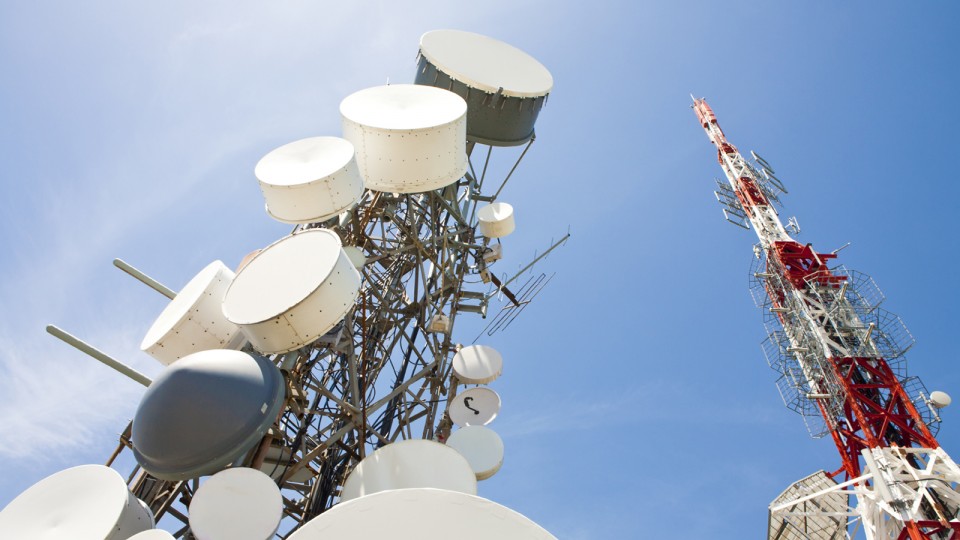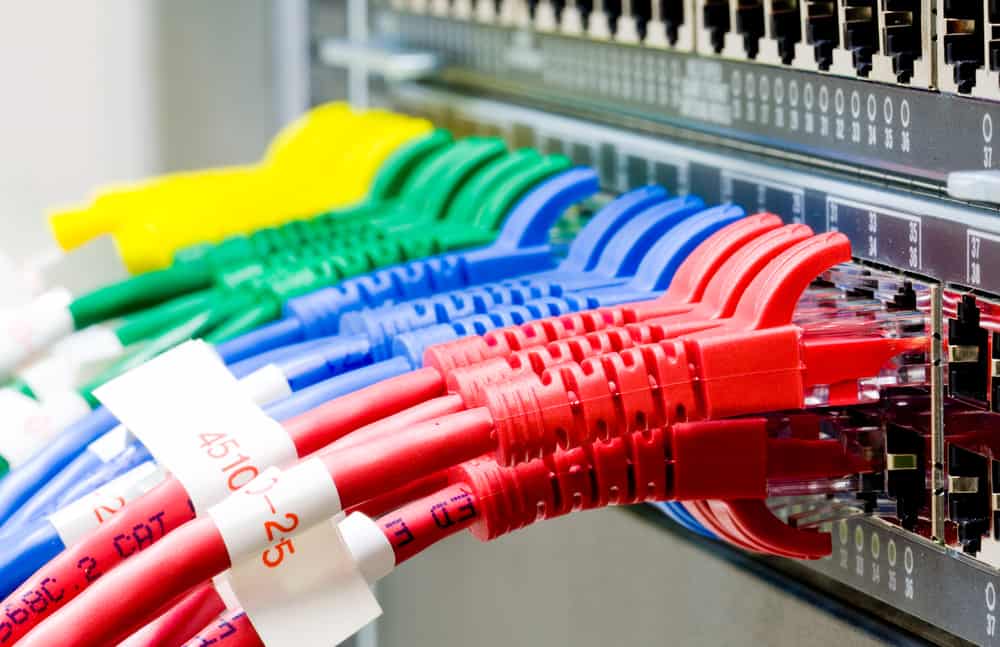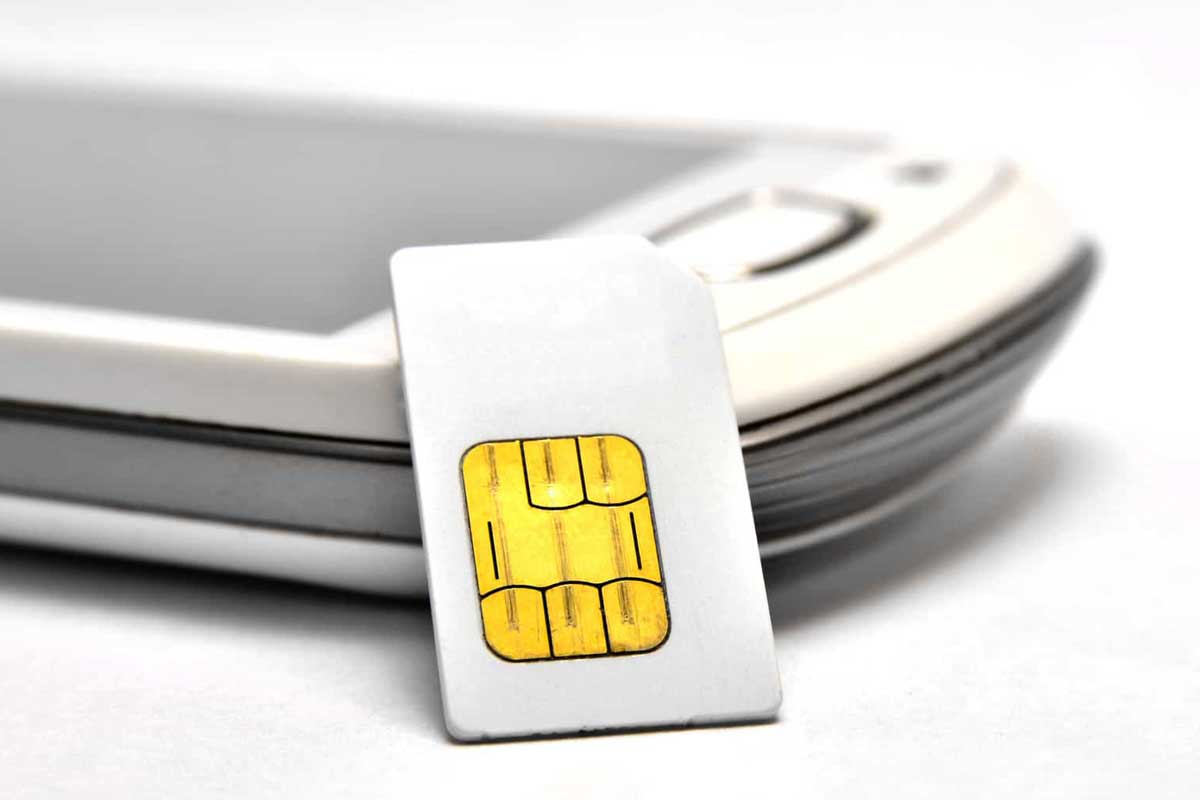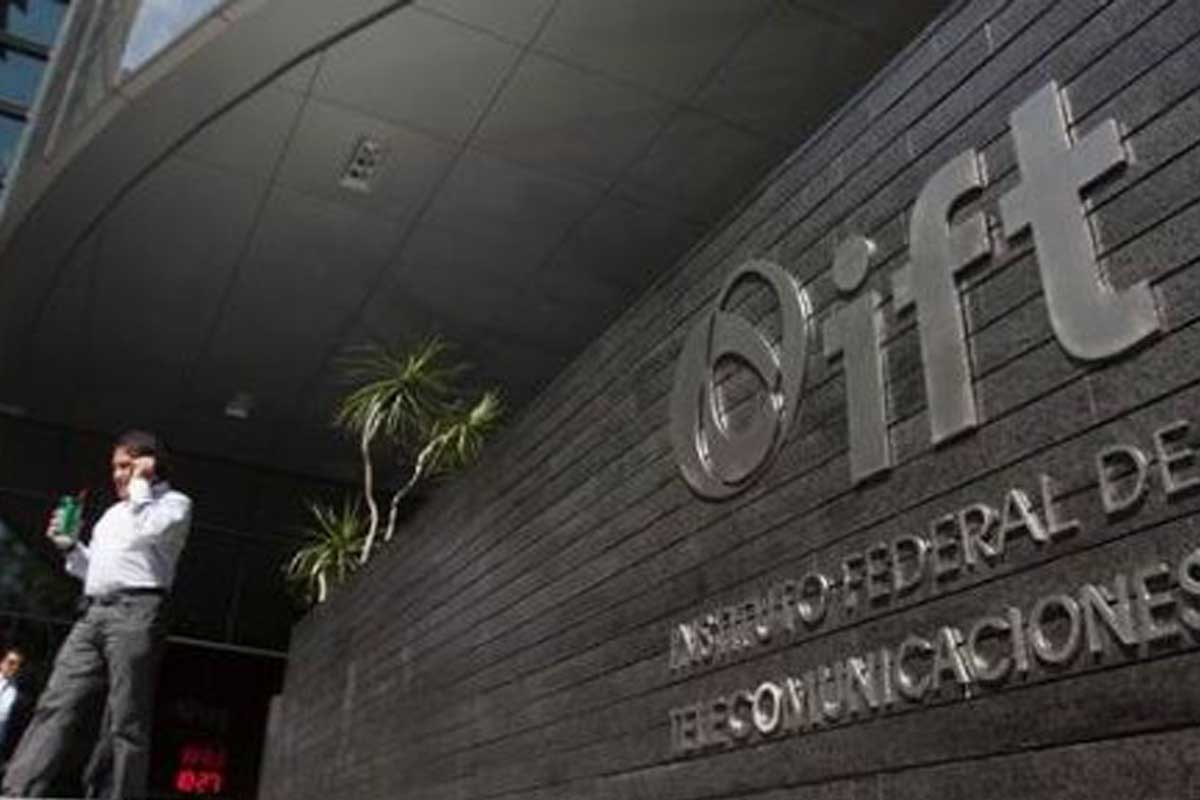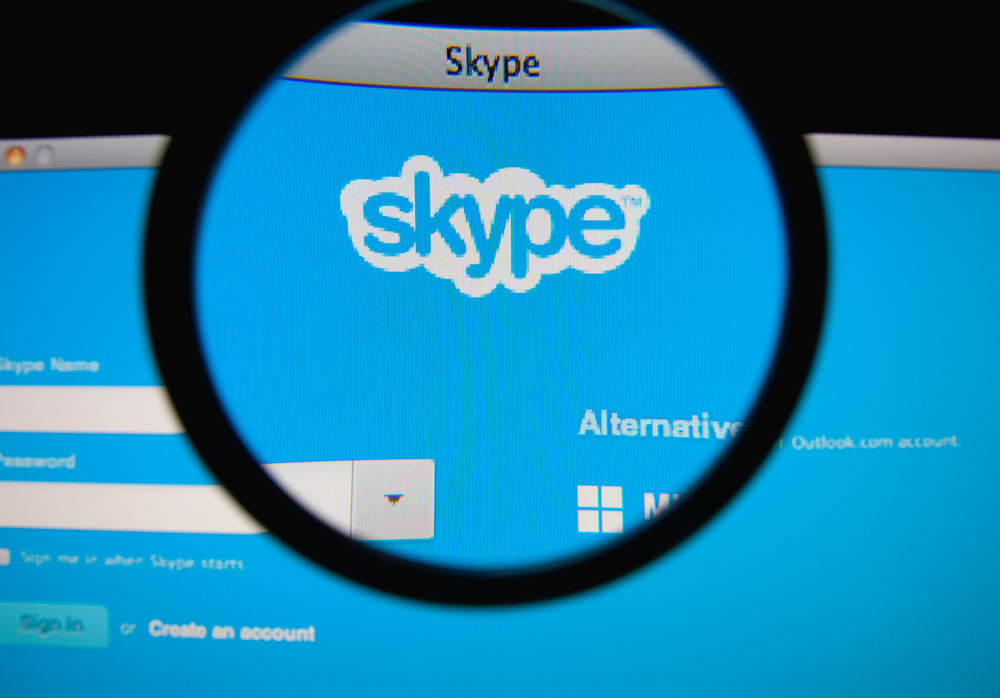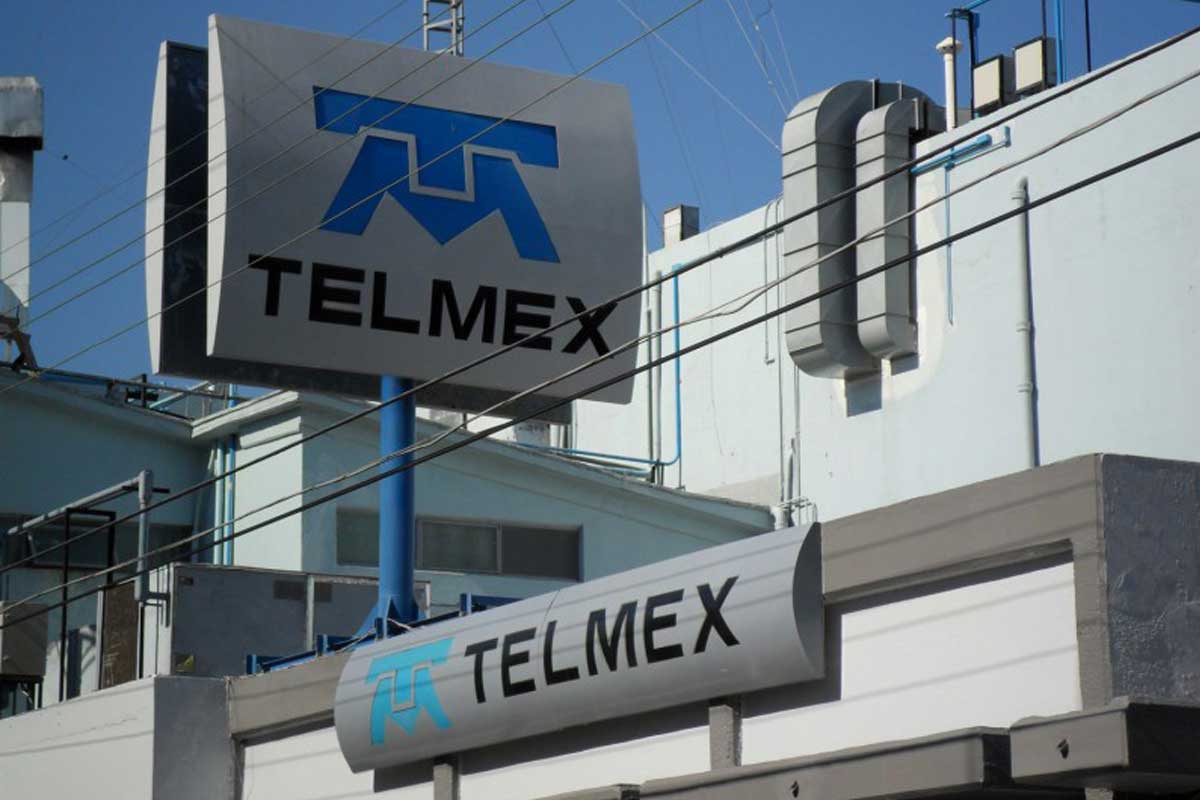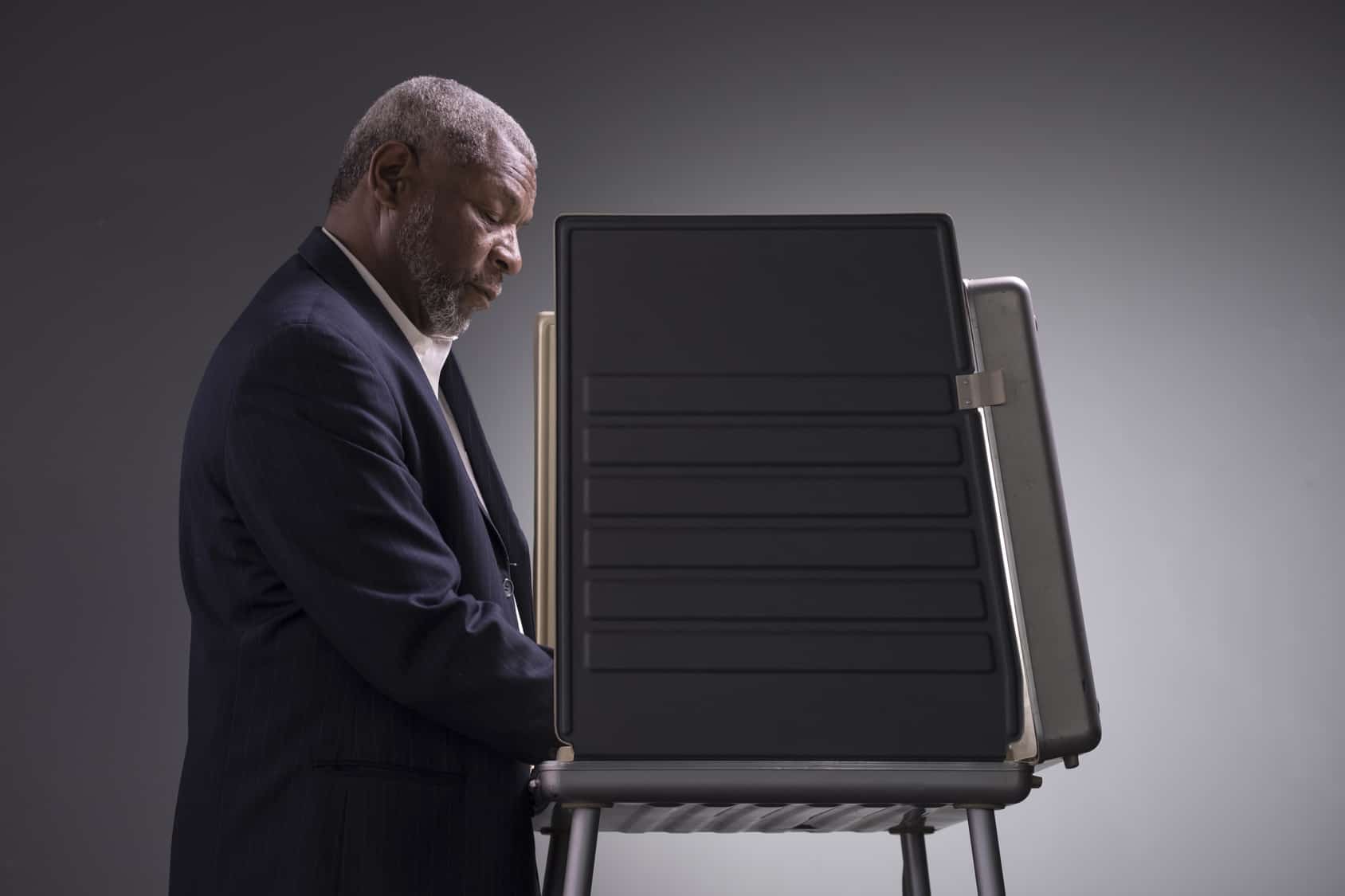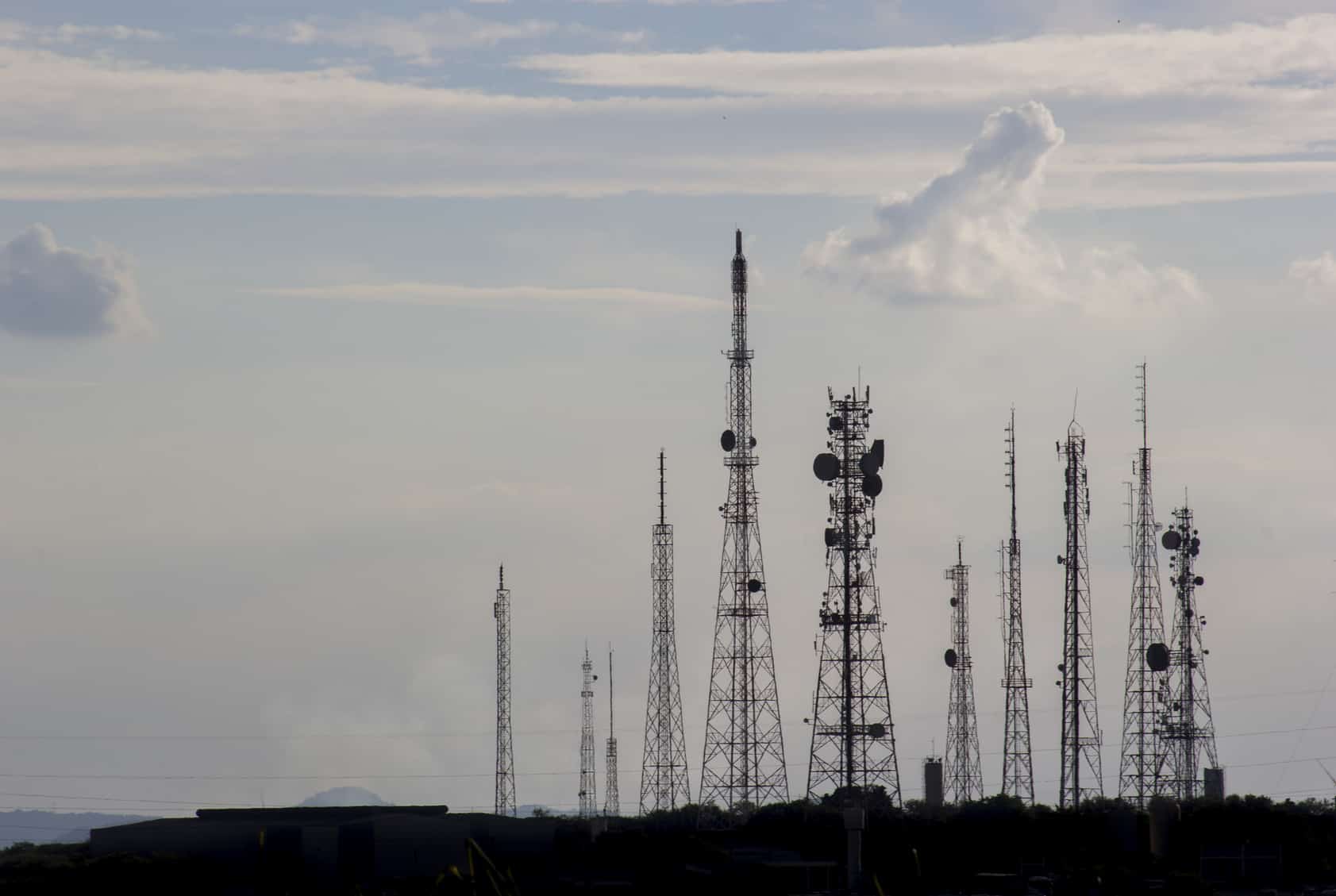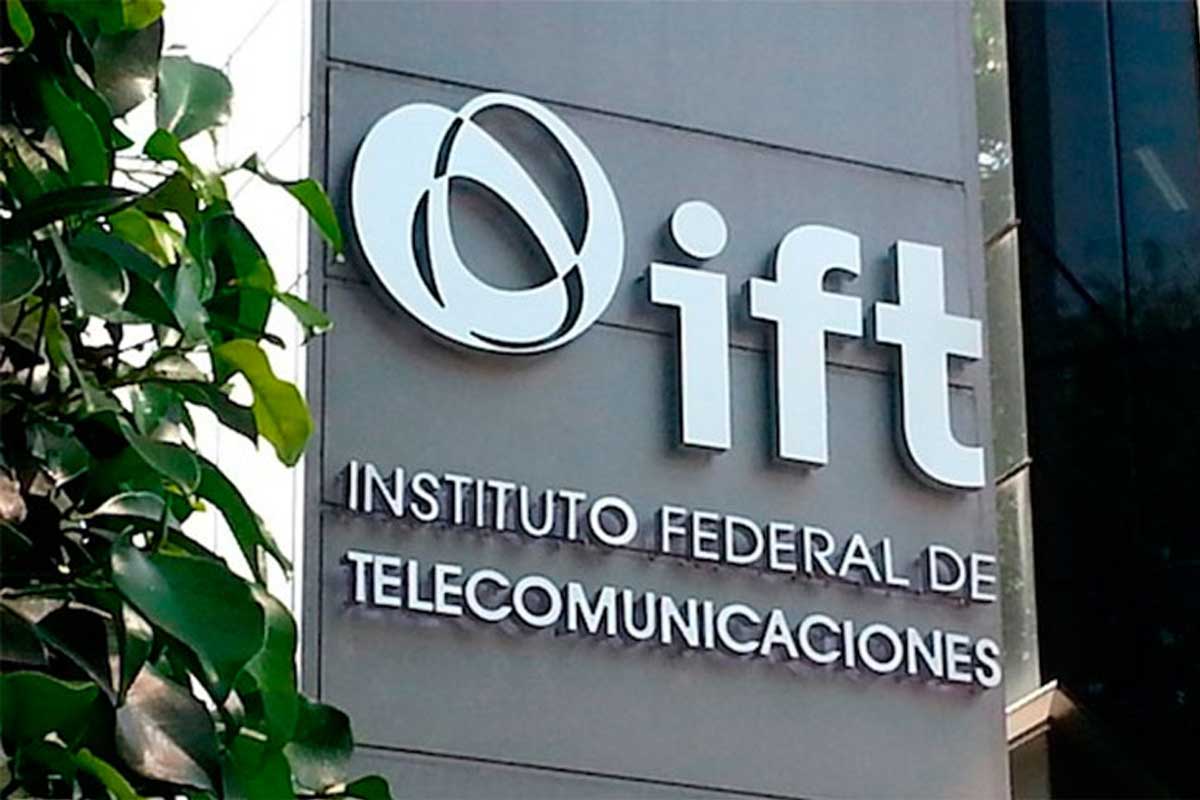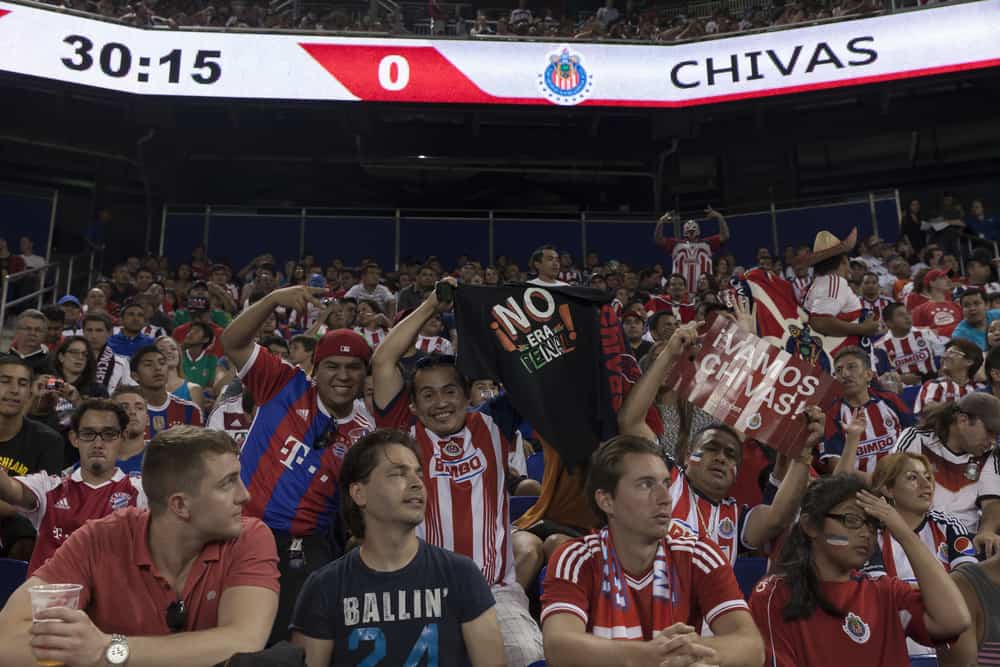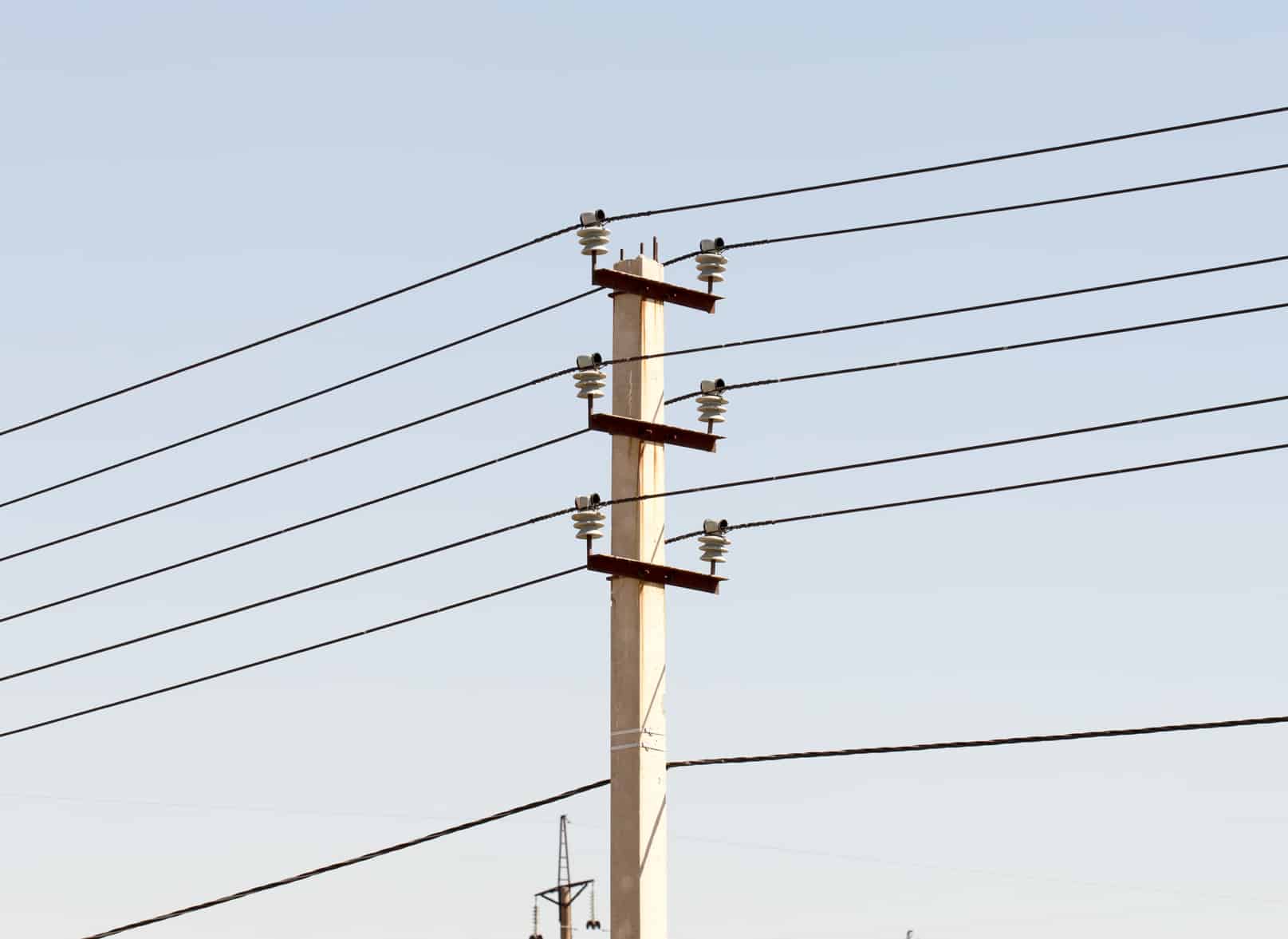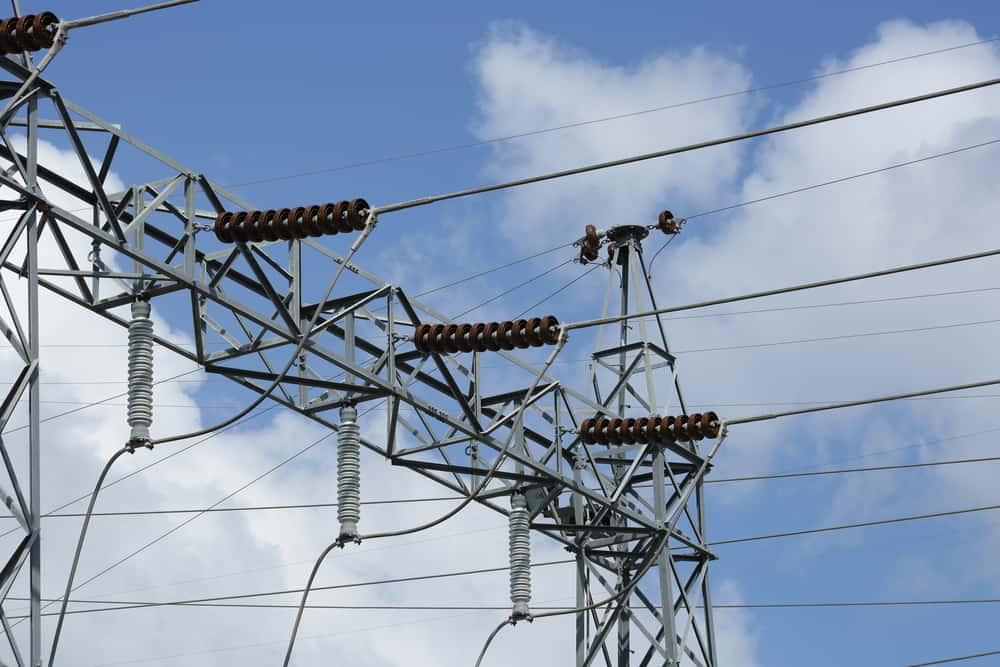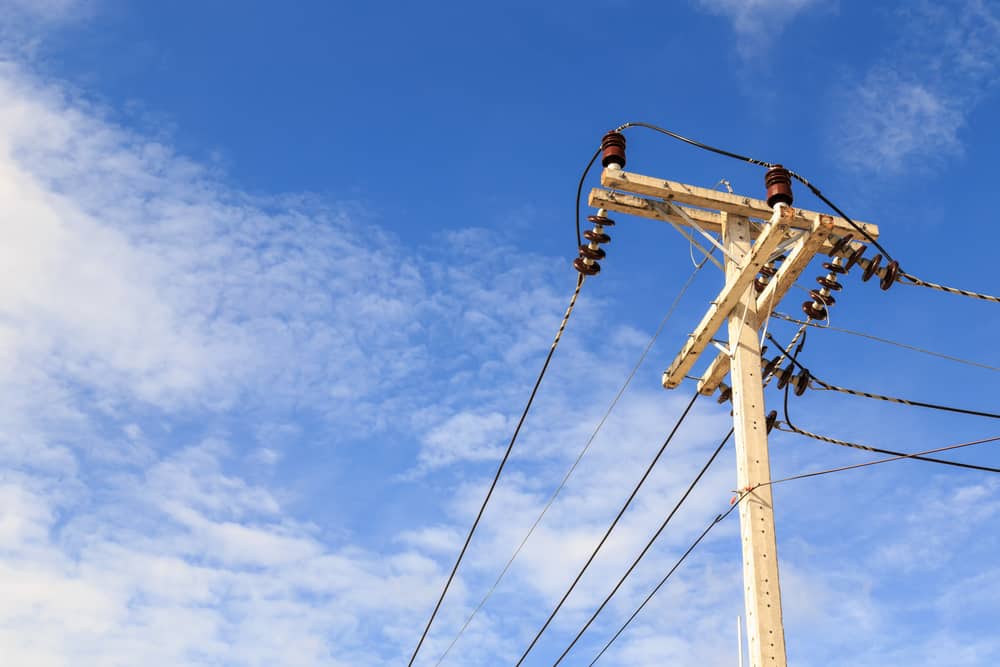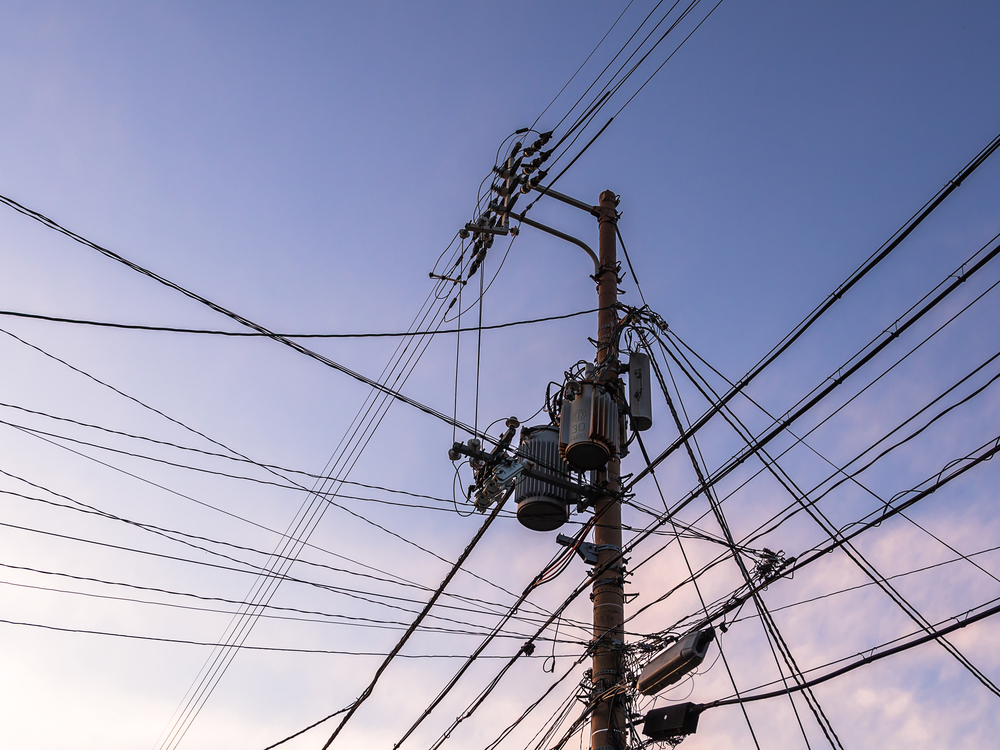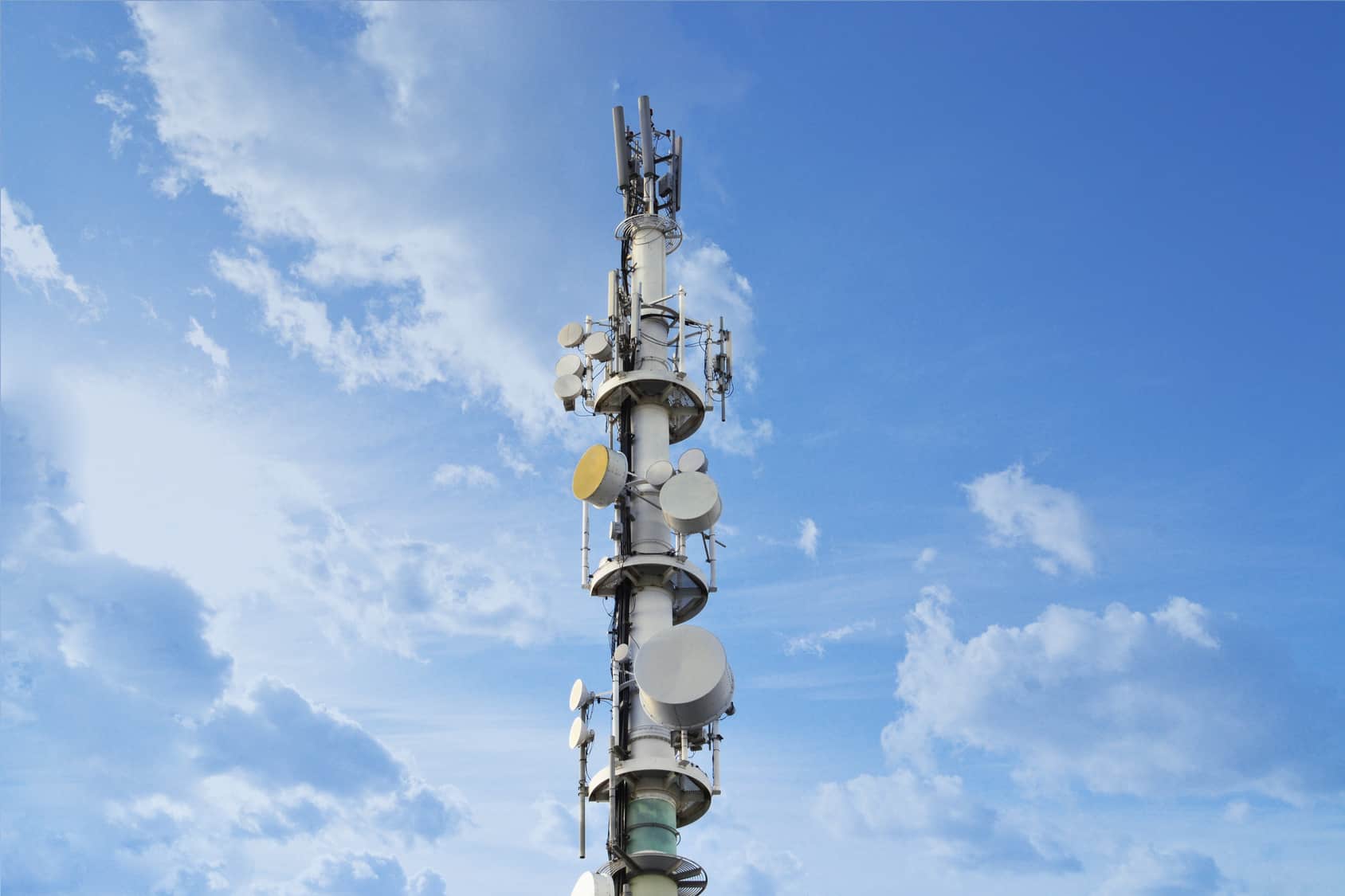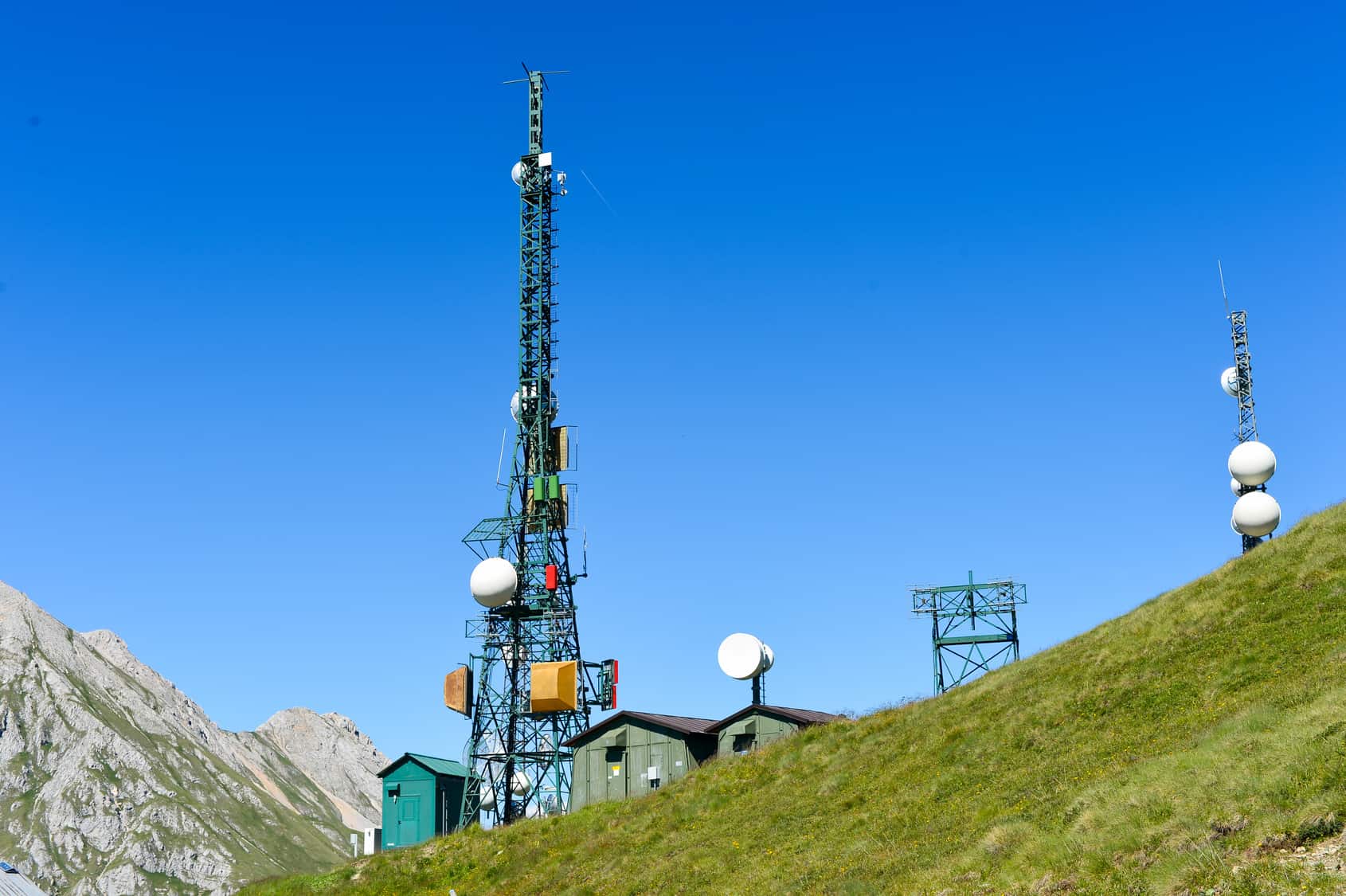A Mexican Supreme Court justice on Thursday proposed backing a legal challenge by Mexico’s richest man, Carlos Slim, which would render unconstitutional a pillar of the country’s 2014 telecommunications overhaul that dramatically increased competition in the market he dominates.
The proposal by Supreme Court justice Javier Laynez Potisek would declare unconstitutional a law passed in 2014 by Mexico’s Congress that cut to zero what Mr. Slim’s company América Móvil, as the dominant operator, can charge rivals to complete calls on its network. The so-called interconnection fees were a major benefit to América Móvil, which controls about two thirds of the Mexican cellphone market.
The new laws, which followed amendments to Mexico’s constitution, were a key reason that AT&T Inc., the world’s largest telecommunications firm, entered the Mexican market and paid more than $4 billion to buy two smaller carriers, Nextel Mexico and Iusacell. AT&T is currently Mexico’s third-largest cellular carrier, after Spain’s Telefónica SA, with roughly 13.1 million subscribers, and has rapidly gained market share.
“They have literally made constitutional changes to implement changes in the telecom law that make it very, very attractive for companies to come in and invest,” said AT&T chief executive Randall Stephenson at a November 2014 conference. “It’s an interesting time, when you have a government there who is incentivizing you and motivating you to come and invest.”
Thursday’s proposed ruling must be approved by a majority of the Supreme Court’s justices before it can take effect. Arguments are expected next Wednesday.
The market appeared to react to the announcement as a positive for América Móvil, whose shares rose 2% to $17.91 on the New York Stock Exchange.
América Móvil and AT&T declined to comment.
The proposed ruling represents a “serious threat” to competition and opens the door to changes to other telecom rules that are being challenged, including free long distance calls and rules about the handset sales, said Gerardo Soria, chairman of IDET, a think tank that represents the interests of América Móvil’s competitors, including AT&T and Telefónica.
“This ruling will raise costs to consumers. If you permit Telcel to charge for interconnection, its competitors will not be able offer these unlimited minutes packages they have been offering, and may have to offer packages that charge by the minute, like before,” Mr. Soria said. “The money that before was earmarked for investment in AT&T’s network, for example, will have to go towards paying interconnection charges.”
A group of 21 companies, including AT&T, Telefónica, and units of broadcast and cable operator Grupo Televisa, published a full-page advertisement in some Mexican newspapers Thursday saying that América Móvil is seeking through “legal resources and devices” to overturn telecom reform.
The zero tariff has allowed competitors to invest in their networks and offer attractive plans to users, and its elimination would hurt competition, reversing a downward pricing trend and hurting consumers, they said.
América Móvil units Telmex and Telcel, “accustomed to making extraordinary profits, don’t want to adapt to competitive pressure of other operators,” they added.
Since the telecom overhaul, mobile service prices have fallen more than 40%, and fixed-line prices about 5%.
In a statement last month, América Móvil defended its position, saying the law invades the functions of the regulator and violates the company’s rights under its concessions. It denied the elimination of the zero tariff would raise prices for consumers.
The proposed ruling did contain one bit of good news for AT&T and Telefónica, which wouldn’t be forced to pay back fees. Between August 2014 and June 2017, AT&T saved $273 million and Telefónica saved $343 million in unpaid interconnection fees as a result of the reform law, according to the Competitive Intelligence Unit, a Mexico City think tank.
If the proposed ruling is approved next week, responsibility for setting interconnection fees would fall to the IFT, Mexico’s telecom regulator, although the timeline for new rates is unclear.











